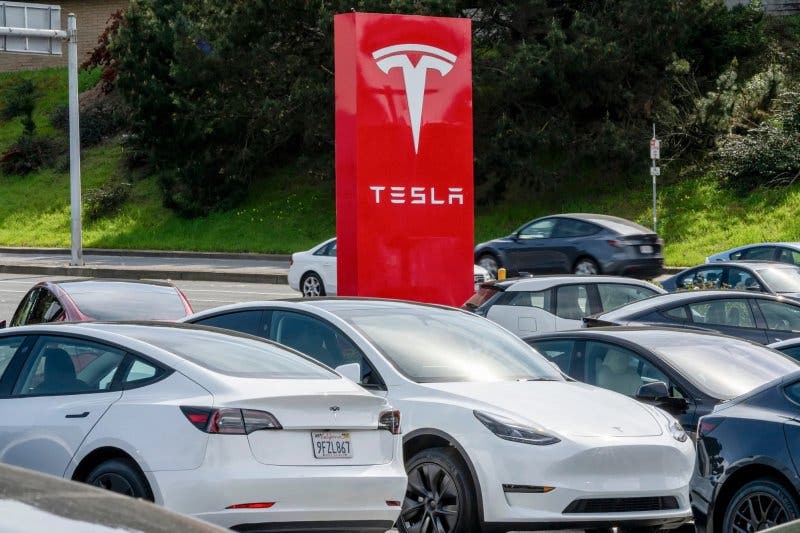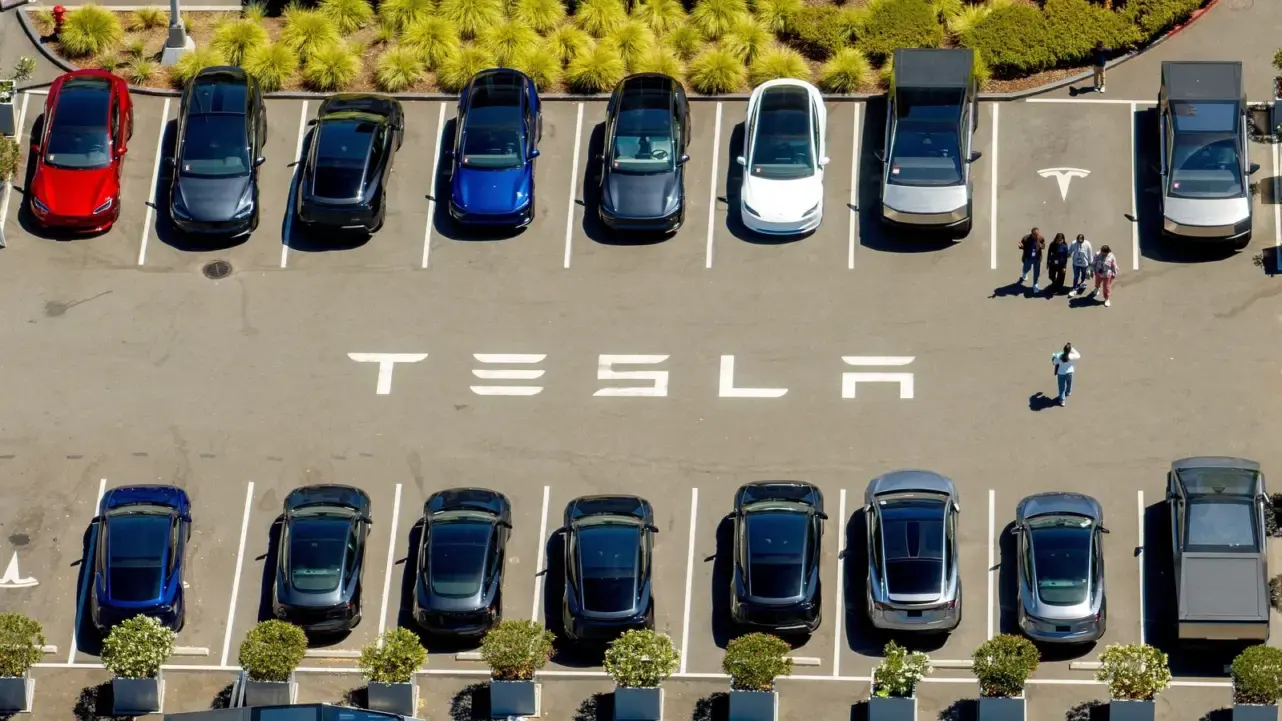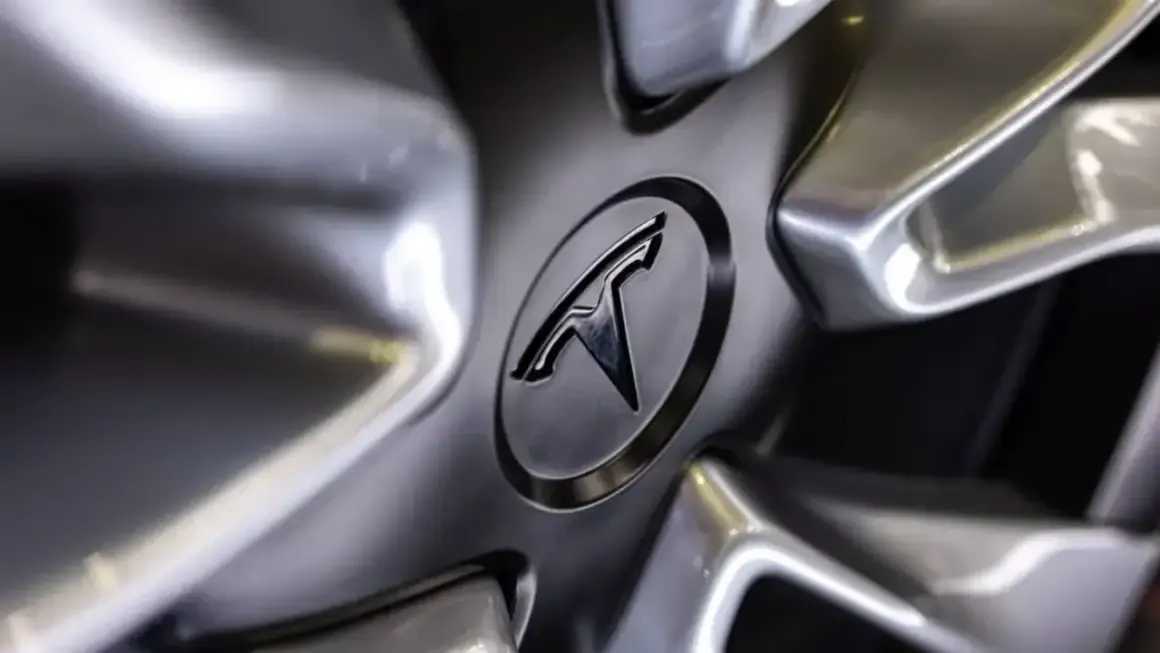For nearly a decade, buying an electric car in the United States almost always meant buying a Tesla. Elon Musk’s company reigned supreme, at times capturing more than 80% of total EV sales. But that dominance is starting to fade.
New data paints a different picture: Tesla’s share of the US electric vehicle market has dropped to its lowest point in the past eight years. According to research firm Cox Automotive, Tesla’s market share slid to just 38% in August, marking the first time since 2017 that the brand has fallen below the 40% threshold.

The decline is even more striking given that overall EV demand is booming, fueled in part by a rush of buyers eager to take advantage of the $7,500 federal tax credit before it expires at the end of September. The broader EV market jumped 24% in July and another 14% in August. Tesla, however, only managed a 7% increase in July and a mere 3.1% in August. The gap with rivals is widening fast, with automakers like Ford, Hyundai, Kia, and Toyota steadily chipping away at Tesla’s dominance by offering fresh models and attractive deals.
A major part of Tesla’s struggle comes from its aging lineup. Since the launch of the polarizing Cybertruck in 2023, there hasn’t been a mass-market hit on the scale of the Model 3 or Model Y. A facelifted Model Y wasn’t enough to excite buyers, and while competitors are rolling out new EV crossovers and SUVs, Tesla has been pouring energy into futuristic projects like humanoid robots and autonomous robotaxis, initiatives that may thrill investors but don’t solve today’s family car needs.

The numbers show the slide clearly. From 48.7% market share in June to 42% in July, and now down to 38% in August. Tesla’s slump isn’t limited to the US either, sales in Europe have also dropped by as much as 40% year over year.
Industry analysts warn that once the tax credit disappears, EV sales could hit a wall, intensifying pressure across the board. For Tesla, the choice is stark: keep slashing prices to stay competitive, further squeezing profits, or hold steady and risk losing even more market share.
